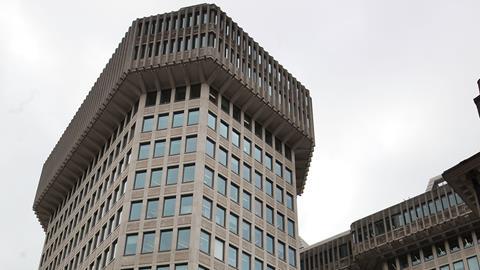Defendants who drag cases out to the eve of trial will face an extra costs burden, the Ministry of Justice has announced.
The government this week set out a series of amendments to fixed costs rules brought in last October for most civil claims worth up to £100,000.
The rules as drafted had made 100% of the advocacy fee recoverable for settlement on the day of the trial in the fast track.
But following feedback from the Bar Council and the Personal Injuries Bar Association, the government will amend the rules so that in fast track cases 100% of the advocacy fee can be recovered where a claim is settled or vacated up to one day before trial. Where the case settles two days before trial, 75% of the advocacy can be recovered.
In the intermediate track, claimants can recover 75% of the fee where a case is settled or vacated up to five days before trial.
Bar chair Sam Townend KC said the widening scope of fee recovery was overdue and welcome.
‘We argued that barristers should be paid a reasonable fee for work done, and that the costs regime should help, not hinder, settlement and getting the backlogs in the county courts down,’ said Townend.
The government also announced that it will uprate fees in line with inflation calculated from 2013 to January 2023. This will result in a 23.5% increase in fees.
The fixed costs extension surprisingly included clinical negligence claims where ‘both breach of duty and causation have been admitted’. That caused practitioners to ask for clarification about when those admissions need to be made.
The MoJ said this week that one third of responses to its consultation on supplemental FRC issues had focused solely on clinical negligence. The most common view from respondents was that clinical negligence claims should be taken out of scope altogether.
The government declined to heed those calls, but made it explicit that fixed costs will apply only where admissions of liability are made in full in the pre-action protocol letter of response.




























3 Readers' comments